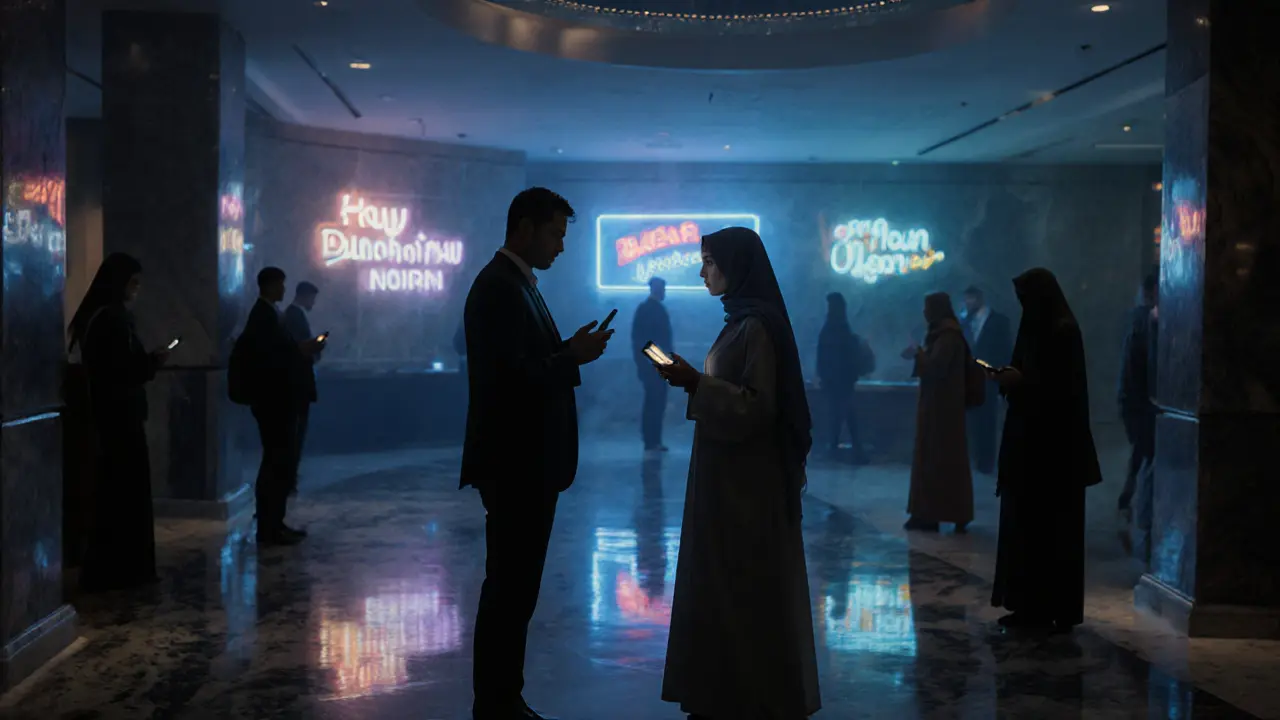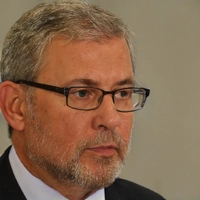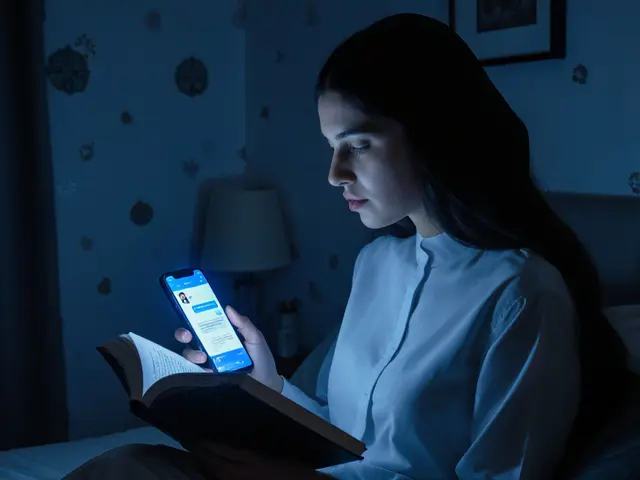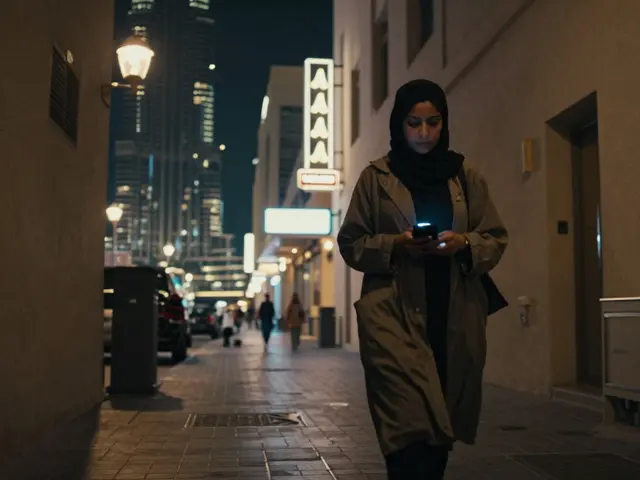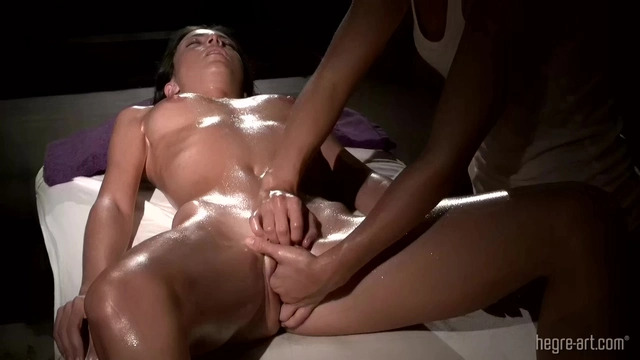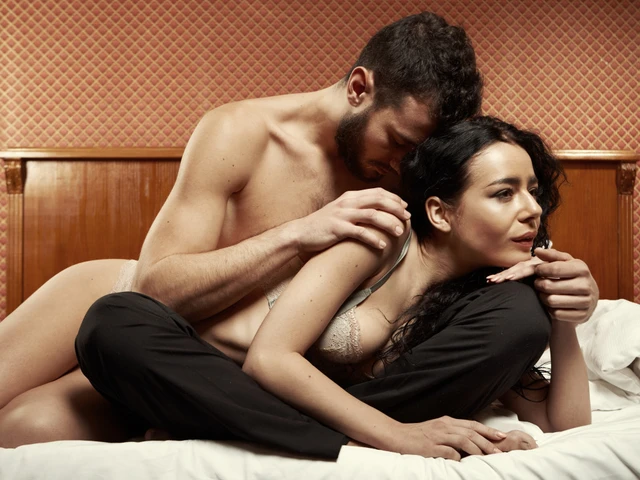Before the internet, finding sexual connection in Dubai was nearly impossible for most people. The city’s strict laws, conservative social norms, and limited public spaces made physical encounters risky and rare. Today, that’s changed-not because the rules softened, but because the internet found a way around them.
What Changed When the Internet Arrived
Twenty years ago, if you were single and looking for intimacy in Dubai, your options were limited to expensive hotels with strict guest policies, private gatherings with trusted friends, or nothing at all. Social stigma was powerful. Police raids on private parties happened. People lost jobs, faced deportation, or worse. The internet didn’t make Dubai more open-it made secrecy easier.
Apps like Tinder, Bumble, and local platforms like Mingle2 and Pure became the new underground. People didn’t need to go to bars or clubs. They didn’t need to be seen. A profile, a few messages, and a meeting in a rented apartment became the new normal. A 2023 survey by a Dubai-based research group found that 68% of single expats under 35 used dating apps regularly, up from just 12% in 2010. That’s not just growth-it’s a cultural shift hidden behind closed doors.
How Laws Still Shape Online Behavior
Dubai hasn’t legalized sex outside marriage. The penal code still criminalizes premarital sex, cohabitation, and public indecency. But enforcement online? That’s a different story. Authorities focus on content distribution-pornography, explicit videos, or public solicitation-not private chats or dating app profiles. As long as you don’t post pictures of yourself naked on Instagram or advertise services on public forums, you’re unlikely to be targeted.
What’s more, many apps now have location filters that block users in the UAE from accessing certain features. But people use VPNs. Not to hide from the law, but to access apps that don’t work well locally. A 2024 report from the UAE Cybersecurity Council noted that over 40% of smartphone users in Dubai use a VPN daily. Most aren’t trying to access illegal content-they’re trying to date.
The Rise of the Digital Courting Ritual
Online dating in Dubai isn’t like New York or London. There’s no casual coffee meetups after a swipe. The process is more cautious. People spend weeks messaging before agreeing to meet. They use code words. “Let’s grab a drink” often means “let’s meet in a hotel lobby and go to a private room.” They avoid using real names. They use burner phones. They pick hotels with no ID checks-like some budget chains in Deira or Al Quoz.
Some users create multiple profiles. One for Emiratis, one for expats, one for women. Gender and nationality matter. A Western woman messaging an Emirati man gets different responses than a Filipina woman messaging the same person. The internet didn’t erase social hierarchies-it made them more visible, more strategic.
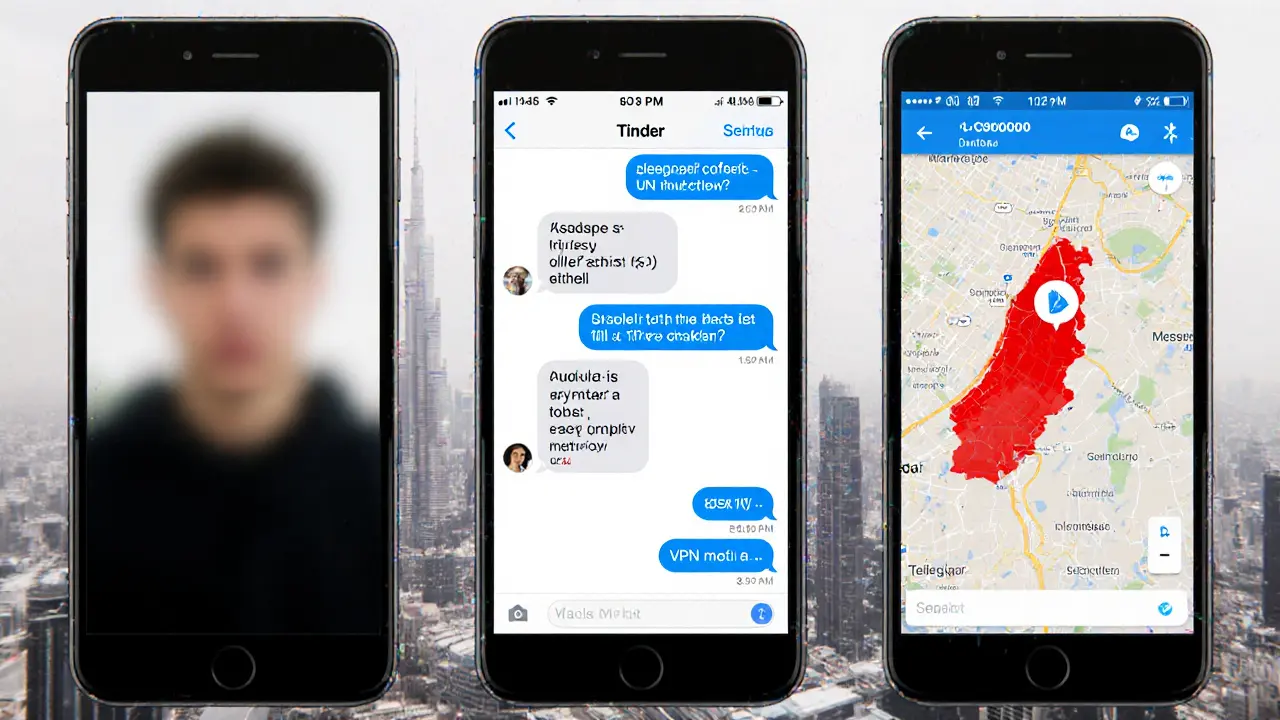
Access Isn’t Equal
Not everyone benefits equally from this shift. Wealthy expats with foreign passports have the easiest time. They can rent apartments, use international apps, and travel freely. But local Emirati women? They’re still under heavy family surveillance. Many use encrypted apps like Telegram or Signal to connect with partners, but they risk being cut off from family or forced into marriage if caught.
Low-income workers-nurses, drivers, cleaners-have even fewer options. They live in dorms. Their phones are monitored. They can’t afford hotels. Many turn to informal networks: a cousin’s friend, a coworker, a WhatsApp group. These connections are riskier. Less safe. More vulnerable to exploitation.
What the Internet Didn’t Fix
The internet made connection possible, but it didn’t make it safe or healthy. STD rates in Dubai have risen 37% since 2018, according to the Dubai Health Authority. Many people don’t get tested because they’re afraid of being reported. Counseling services are scarce. Public health campaigns avoid the topic entirely.
And what about consent? In offline encounters, pressure is high. People feel they have to go along because they can’t afford to be rejected-or worse, exposed. There’s no culture of open communication around boundaries. The internet gave people access, but not education.
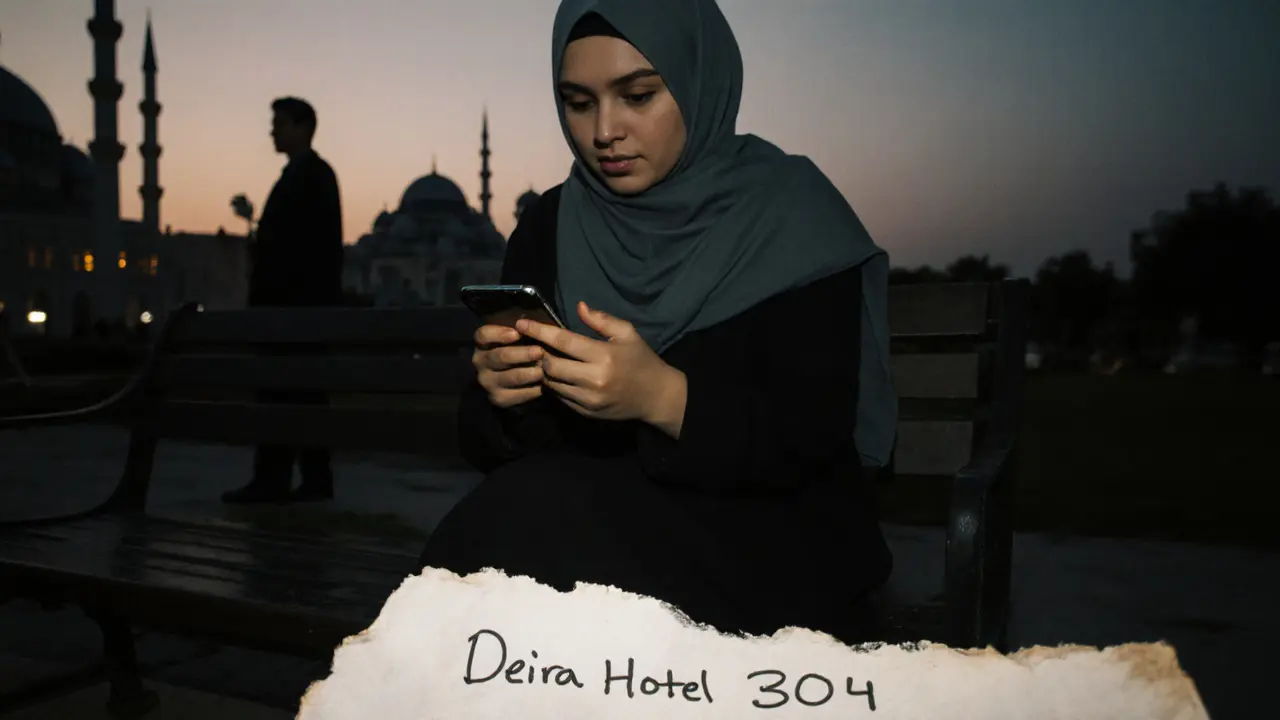
Where It’s Headed
Dubai’s government is investing heavily in digital infrastructure. 5G is everywhere. AI chatbots handle customer service. But when it comes to human intimacy, the state stays silent. No policies regulate online dating. No laws protect users from catfishing or blackmail. The system runs on silence.
Young people are starting to push back. Instagram accounts like @DubaiDatingTips and TikTok creators like @DubaiSinglesGuide share advice on staying safe, choosing hotels, spotting scams. They don’t talk about sex directly-they talk about logistics. How to pay for a hotel without a credit card. How to spot a fake profile. How to say no without getting threatened.
This isn’t rebellion. It’s survival. And it’s working. More people are finding connection. More people are staying safe. The internet didn’t change Dubai’s laws. But it changed how people live inside them.
What This Means for Visitors
If you’re traveling to Dubai and thinking about using dating apps, know this: the rules are not written in stone, but they’re enforced selectively. Don’t post anything public. Don’t use your real name. Don’t meet in public places. Don’t assume your app profile is private-some users have been tracked by authorities through IP logs.
And if you’re married? Don’t assume your behavior is invisible. Emirati couples are monitored too. Hotels report suspicious activity. Phones are checked at borders. The internet gives you access, but it also leaves a trail.
The real story isn’t about sex. It’s about how people adapt when the world says no-and still find a way to say yes, quietly.
Is it legal to use dating apps in Dubai?
Using dating apps like Tinder or Bumble isn’t explicitly illegal in Dubai, but engaging in sexual activity outside marriage is. Authorities don’t typically monitor app usage unless there’s a complaint or evidence of public indecency. Most users stay under the radar by keeping conversations private and meeting in discreet locations like hotels with no ID checks.
Can foreigners date Emirati citizens online?
Technically, yes-but it’s risky. Emirati citizens, especially women, face strict family oversight and social pressure. Relationships with foreigners can lead to family intervention, forced marriages, or deportation for the foreign partner if discovered. Many use encrypted apps like Telegram or Signal to avoid detection, but the consequences of being caught are serious.
Are there safe places to meet someone in Dubai?
There are no officially safe public spaces for casual meetings. Most people use hotels, particularly budget chains in Deira, Al Quoz, or Jumeirah that don’t require passport verification. Some choose co-working spaces during daytime hours for low-risk meetups. Avoid parks, beaches, or public cafes-these are monitored and reported.
Has the rise of online dating increased STDs in Dubai?
Yes. According to Dubai Health Authority data, cases of chlamydia, gonorrhea, and HIV have risen by 37% since 2018. Many people avoid testing due to fear of legal or social consequences. Public health campaigns rarely address sexual health outside marriage, leaving users without access to education or care.
Do VPNs help people stay safe when dating online in Dubai?
VPNs help bypass app restrictions and hide location, but they don’t make you anonymous. Your phone number, payment method, and IP history can still be traced. A VPN is useful for accessing blocked apps, but it’s not a shield against legal risk. Real safety comes from discretion: using burner phones, avoiding personal details, and meeting in neutral, non-public spaces.
